The History of Hinduism in America: A Multifaceted Journey
By Lokanath Mishra
Hinduism’s presence in America is a rich and complex narrative that spans centuries. From the early Transcendentalist movement to the establishment of thriving Hindu communities, the history of Hinduism in America is a story of cultural exchange, philosophical exploration, and spiritual growth.

Early Encounters (Pre-1893)
- Transcendentalism and Hindu Ideas: American Transcendentalists like Ralph Waldo Emerson and Henry David Thoreau were deeply influenced by Hindu philosophy, particularly Vedanta and the Bhagavad Gita. They found resonance between these ideas and their own philosophical and spiritual explorations.
- Early Imaginings of Hinduism: Prior to significant immigration, American views of Hinduism were often shaped by missionary accounts and literature, sometimes portraying it as “heathenism” or “Brahmanism”.
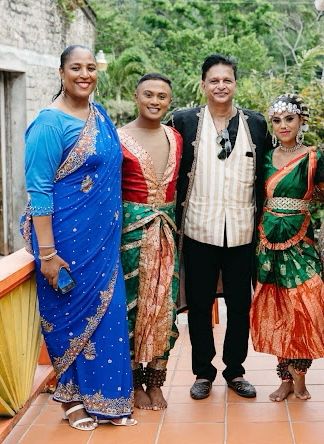
Swami Vivekananda and the Parliament of the World’s Religions (1893)
- Introduction to a Wider Audience: Swami Vivekananda’s 1893 address at the Parliament of the World’s Religions in Chicago marked a turning point, introducing Hinduism to a broad American audience.
- Establishment of the Vedanta Society: Vivekananda also established the Vedanta Society of New York in 1894, marking the first Hindu center of learning in the US.
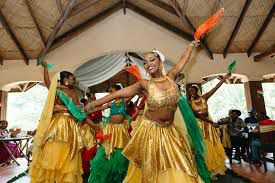
Growth of Hindu Communities
- Immigration and Community Building: Immigration from India and the Caribbean, especially after the 1965 Immigration and Nationality Act, led to the growth of Hindu communities and the establishment of temples and other institutions.
- Cultural Exchange and Spiritual Growth: Today, Hinduism is an integral part of the American spiritual landscape, with millions of adherents and a rich cultural heritage.
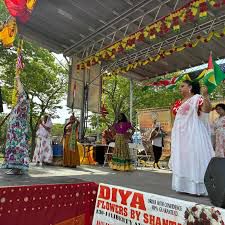
In conclusion, the history of Hinduism in America is a testament to the power of cultural exchange and spiritual exploration. From its early roots in Transcendentalism to the establishment of thriving Hindu communities, Hinduism has left an indelible mark on American society.
Here are the rewritten sentences in simple form:

Immigration and Growth of Hindu Communities
- The 1965 Immigration Act removed quotas, allowing more Hindus to immigrate to the US from India and the Caribbean.
- As the Hindu population grew, temples and community centers were built to preserve cultural traditions.
- There are two types of Hinduism in America: temple-based and individualized practices focused on yoga and meditation.
Key Themes in Hinduism’s History in America
- American engagement with Hinduism involves both ideas and community practices.
- Understandings of Hinduism have been shaped by various factors, including missionary accounts and immigrant experiences.
- Immigration has played a crucial role in shaping Hindu traditions in America.
- Hindu Americans have navigated issues of identity, cultural preservation, and interfaith relations in US society.

Caribbean Hindus : A Unique Cultural Identity
Caribbean Hindus are people of Indian descent living in the Caribbean region, particularly in countries like Guyana, Trinidad and Tobago, Suriname, and Jamaica. Many have migrated to the United States, bringing with them their rich cultural heritage.
How They Entered the US
- Indentured Labor: Indians were brought to the Caribbean as indentured laborers after slavery was abolished in the 1830s.
- Post-Independence Migration: Many Indo-Caribbeans migrated to the US after their countries gained independence, seeking better economic opportunities.
- Education and Work: Some came as students or visitors and stayed to work in various professions.
- Family Reunification: Family ties have also played a role in the migration of Indo-Caribbeans to the US.
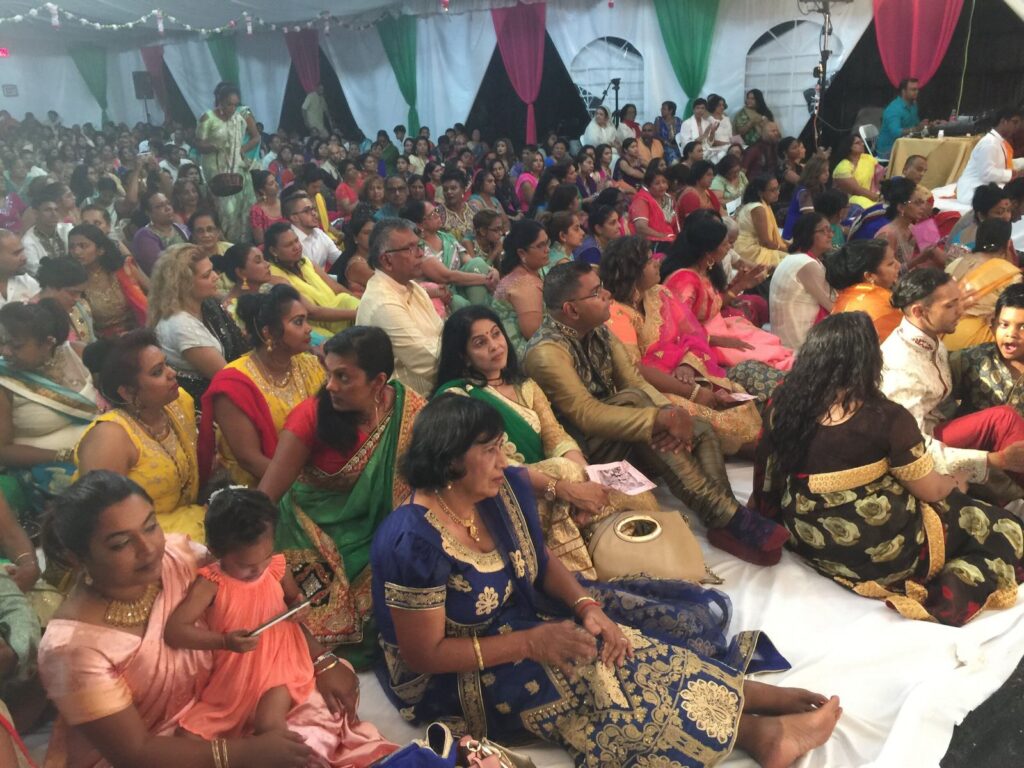
Key Characteristics
- Double Diaspora: Indo-Caribbeans navigate both their Indian heritage and Caribbean identity in the US.
- Hinduism: The majority of Indo-Caribbeans are Hindu, and they have brought their religious practices to the US.
- Community Building: Indo-Caribbeans have established temples and cultural organizations to maintain their traditions.
- Challenges: They face challenges related to identity, cultural preservation, and living in a multicultural society.
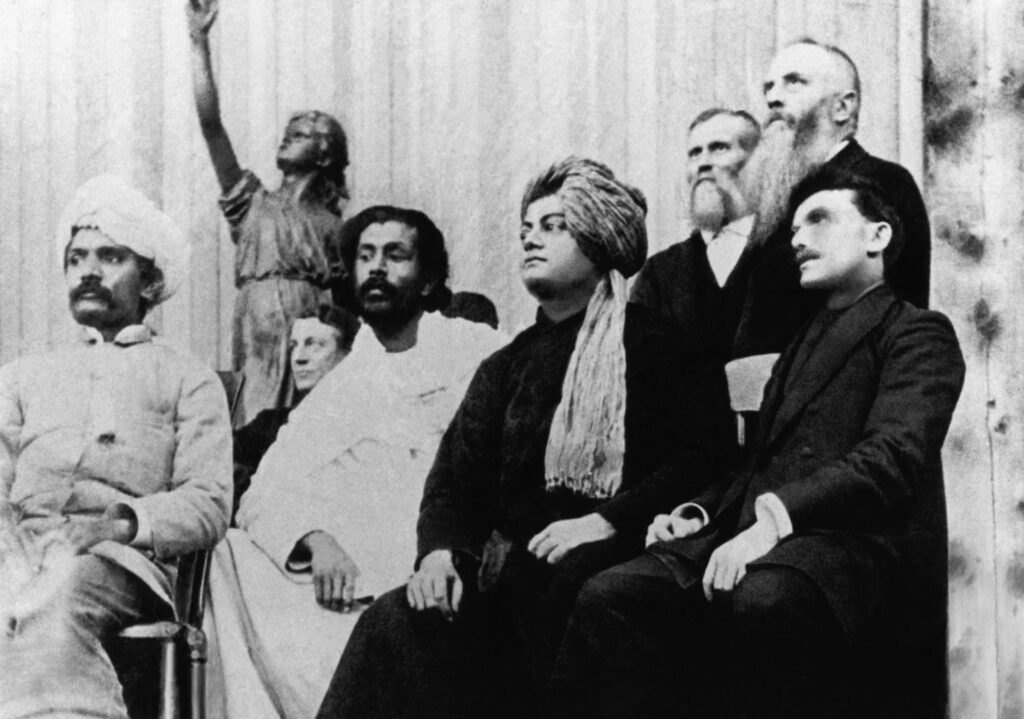
Overall, Caribbean Hindus have a unique cultural identity shaped by their Indian roots and Caribbean upbringing.
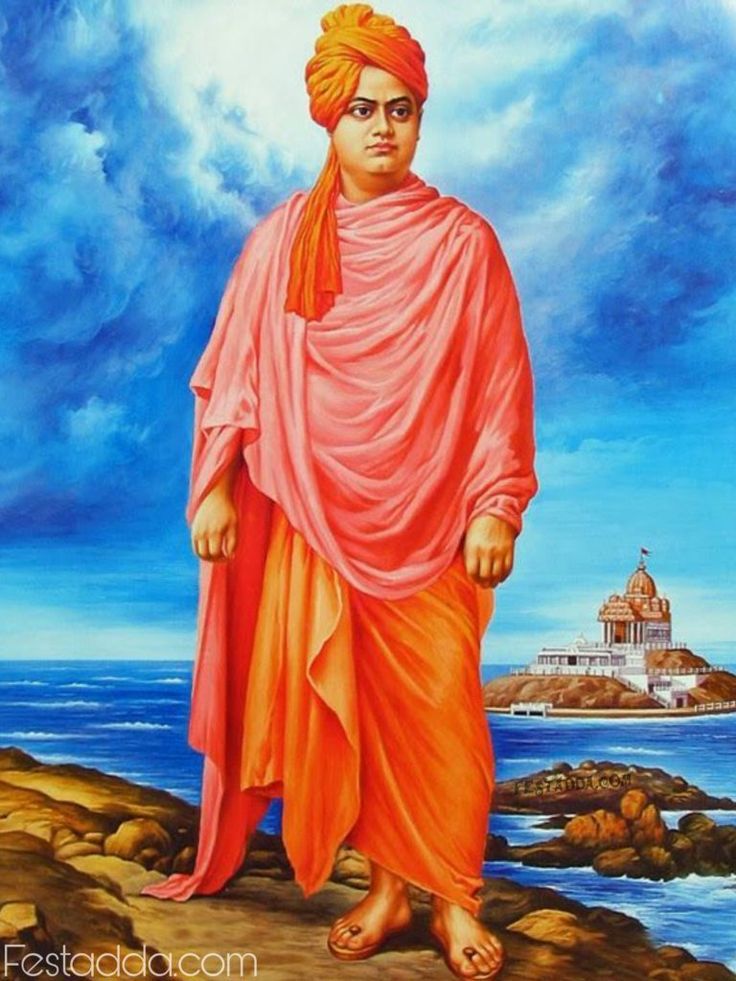

🙏🙏